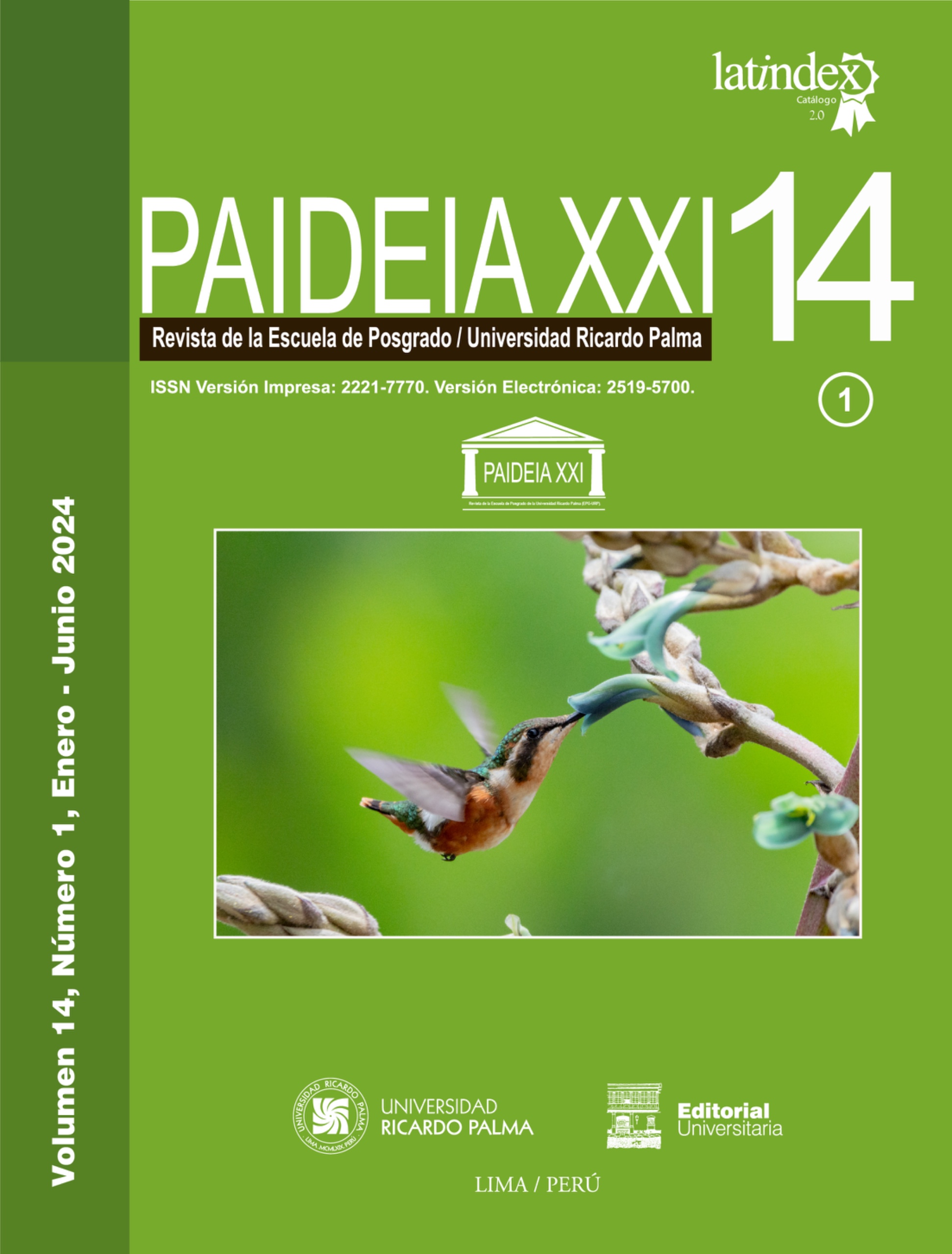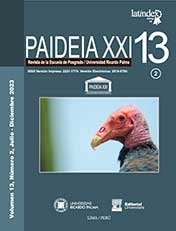Implications of the prohibition of marriage in minors compared to parental responsibility in Peru
DOI:
https://doi.org/10.31381/paideiaxxi.v14i1.6495Keywords:
Legal analysis, parental consent, legality, marriage, minorsAbstract
The study, conducted between January and March 2024 in Lima, aimed to describe the implications of the prohibition of marriage in minors in Peru regarding parental responsibility. Twelve magistrates were surveyed using Google Forms to explore their opinions. Data were analyzed using SPSS v25, employing frequency analysis to determine percentages. 58.33% of respondents consider parental consent essential for minor marriage, while 33.3% do not. Judges have key roles: safeguarding the child's best interest (41.667%), assessing their psychological and physical state (33.33%), and preventing forced marriage (25%). The incapacity of parents or grandparents is relevant in 58.33% of decisions. Moreover, 41.60% consider a minor's pregnancy when deciding on a judicial dispensation. 50% are unaware of the legal meaning of emancipation, and 83.30% believe society is not prepared for adolescents to assume adult roles. The benefits of family emancipation are evenly divided between "Not important" and "Important" (50% each). It is concluded that there is a division of opinions on parental consent and discrepancies between legal capacity and adolescent maturity. The prohibition of marriage in minors poses challenges in parental responsibility and protection of adolescents' rights.












